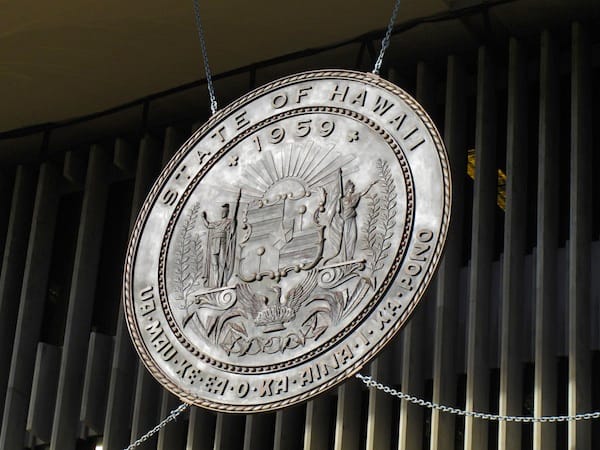Hawaii Democratic Party Wants to Limit Voter Participation in Elections


When the Democratic Party of Hawaii filed a lawsuit to challenge the state’s open primary election system, they argued that the system unconstitutionally restricted the party’s right of association guaranteed by the First Amendment in the U.S. Constitution. Proponents of the lawsuit believe this move will make the primaries more democratic since candidates will only be selected by those who subscribe to the basic philosophy of the party.
These arguments, however, face two basic dilemmas.
First, the collective right of association conflicts with the constitutional individual right to participate in the primary process. Therefore, the First Amendment right of association is not the only claim at issue in the lawsuit.
Second, while closed primaries do select those who subscribe to the philosophy of the party, oftentimes at the partisan extremes, they also limit political participation for many voters.
The debate over the lawsuit spotlights a fundamental tension as to whether primaries are aimed to nominate a specific party candidate who represents that partisan strain or whether primaries should encourage more participation.
What is almost certain is that if the lawsuit is successful and primaries in Hawaii are closed, voter turnout in primary elections will decline.
Hawaii traditionally has incredibly high rates of political participation. In 2012, Hawaii voter turnout in the primary reached over 42 percent, which is higher than many other states around the country.
For example, New Jersey, which has a closed primary system, had a voter turnout of 7.7 percent in the last primary election. New Jersey consistently measures fewer than 10 percent voter turnout in their primaries. While there is no indication Hawaii will drop that drastically, a closed primary does tend to limit voter turnout across the country.
Even as the Democratic Party is attempting to close the primary, many of Hawaii’s Democratic officials are against the filing. They argue that the open primary system in place “stimulates more discriminate and independent voting since the voter is not bound by party affiliation."
The issue is in many ways creating a rupture among the Democrats in the Pacific island nation.
In spite of political discord or projected turnout rates, the courts ultimately will be tasked with deciding whether collective rights of political parties or the individual rights of all voters will triumph in this case. At a time when many states are organizing movements to open their primaries, the attempt by the Hawaii Democratic Party to close its primary will be important to follow as the case navigates through the court system.



